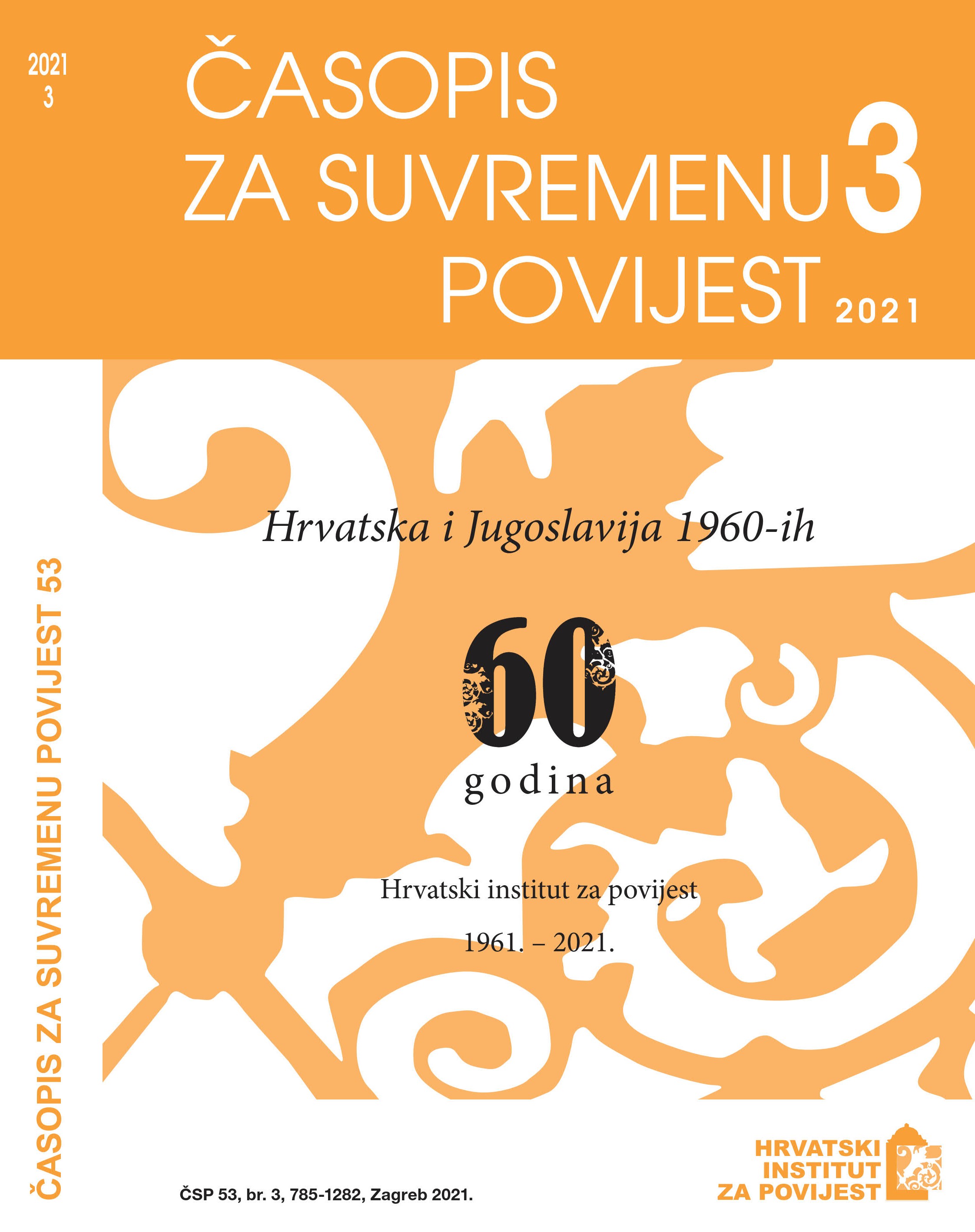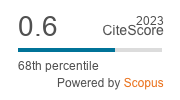The Price of Reckless Investment: The strike in the Port of Rijeka in 1969 and its Consequences
DOI:
https://doi.org/10.22586/csp.v53i3.18290Keywords:
strike; Port of Rijeka; 1969; Yugoslavia; League of Communists of YugoslaviaAbstract
Despite its good geographical position and connections with the developed Danube region, the system of work in the Port of Rijeka and the changes conditioned by the economic reform and the fierce competition influenced by the oversizing of port capacities in the country affected the financial and economic results of this company. Technical backwardness, the poor qualification structure of employees, and large redundancies of administrative workers were just some of the problems that burdened the port. Asking for help, in 1968 the company’s management turned to municipal, republican, and federal bodies, commercial banks, and the Chamber of Commerce. As there was no positive response to the stated requests, a way out of the difficulties was sought in a programme of economic measures that further lowered the living standard of employees. Dissatisfied workers responded to the austerity measures with a strike. Work was suspended on Sunday, 1 June 1969, at the initiative of 10 to 15 workers. Although the entire weekly shift ceased working, there was no indication that the dissatisfaction would turn into an open revolt, and then into a riot in which the general and commercial directors, chief accountant, analyst, director of economics, and president of the trade union were injured. The police took to the streets, and the authorities did everything to end the strike and at least temporarily eliminate the workers’ dissatisfaction. The austerity measures were abandoned, and the workers promised to work on Sundays in order to make up for what they had lost. Those employees who were considered the leaders of the protest had to bear the legal consequences. Criminal charges were filed against 20 people, investigations were opened against 14, and six people were detained.
Downloads
Published
How to Cite
Issue
Section
License
Copyright (c) 2021 authors and journal

This work is licensed under a Creative Commons Attribution-NonCommercial 4.0 International License.
Copyright holders are the publisher Croatian Institute of History and the authors. Journal of Contemporary History is an Open Access journal. Users are allowed to read, download, copy, redistribute, print, search and link to material, and alter, transform, or build upon the material, or use them for any other lawful purpose as long as they attribute the source in an appropriate manner according to the Creative Commons licence CC BY-NC. The papers published in Journal of Contemporary History can be deposited and self-archived in the institutional and thematic repositories providing the link to the journal's web pages and HRČAK. Journal does not charge article processing charges (APC). The editors assume no responsibility for statements of fact or opinion made by contributors.




